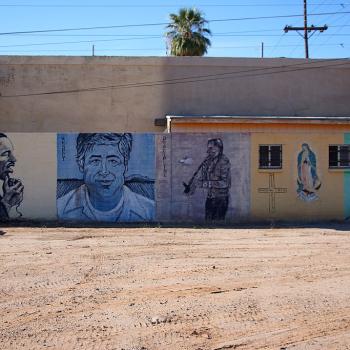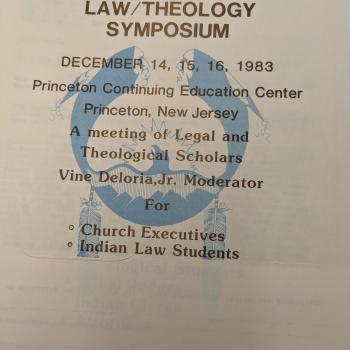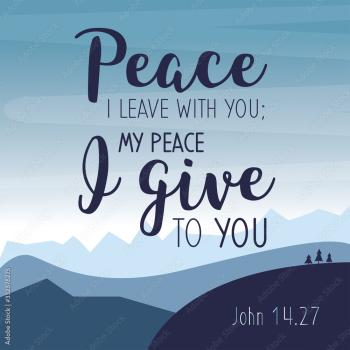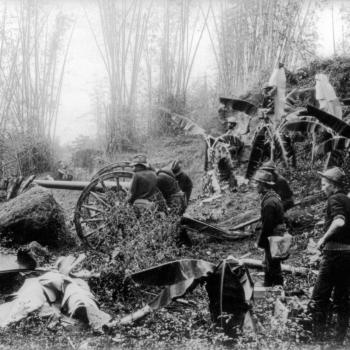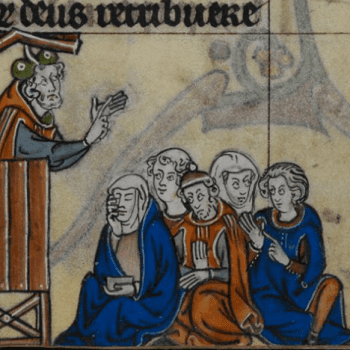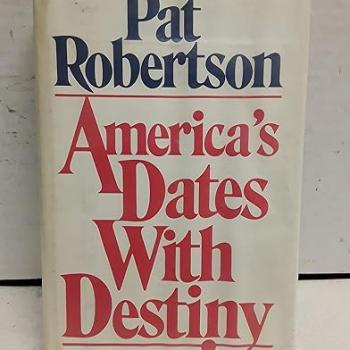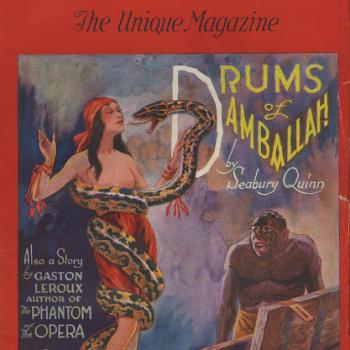This has been an active summer for me, one that I did not anticipate, and I have not even written yet about my family trip to Japan! Recently I have read some new books on Latino politics and Christianity that I would like to highlight and connect it to two events: a new paper that was published and a somewhat formative moment in my life. First, I worked with a couple of my students on a research project this summer... Read more


